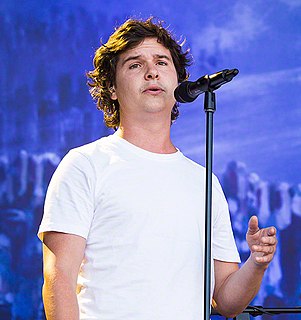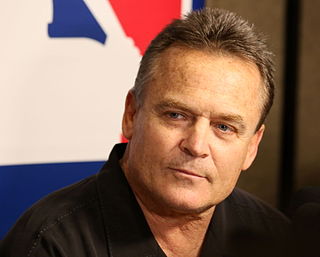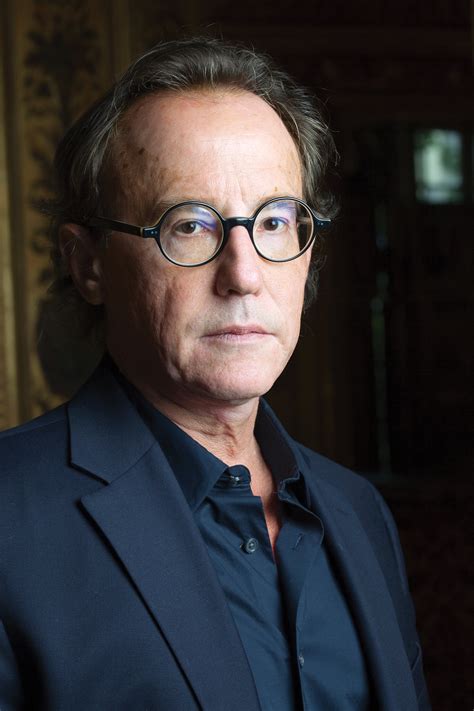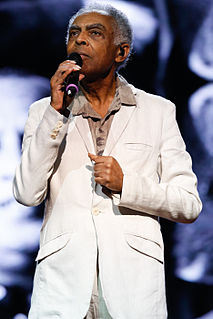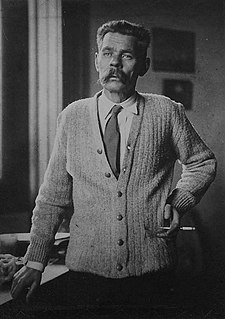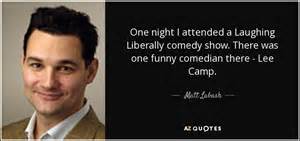A Quote by Lukas Forchhammer
I don't like the whole 'slander, slander' conversation that most political debates are these days. So I tend to keep my political standpoint not to myself, but just relatively private.
Related Quotes
There was a time when conservative intellectuals raised the level of American public debate and helped to keep it sober. Those days are gone. As for political judgment, the promotion of Sarah Palin as a possible world leader speaks for itself. The Republican Party and the political right will survive, but the conservative intellectual tradition is already dead. And all of us, even liberals like myself, are poorer for it.
Until relatively recently, mass political movements were still about basic rights of food, shelter, education and self sufficiency. The reasons fewer people vote these days, or turn up for political meetings, is that for the vast majority of us those rights have been fulfilled. These days it's in the adverts for mobile phones or foreign holidays where phrases like "Join the Revolution!" and "Cry Freedom!" are bandied about for a generation which knows nothing of their provenance. Just as now we have luxury illnesses to replace real ones, so now we have luxury politics.
Politics is the soil in which the nettle of poisonous enmity, evil suspicions, shameless lies, slander, morbid ambitions, and disrespect for the individual grows rapidly and luxuriantly. Name anything bad in man and it is precisely in the soil of political struggle that it grows with particular liveliness and abundance.
Gossip and slander are not victimless crimes. Words do not just dissipate into midair. . . . Words can injure and damage, maim and destroy - forcefully, painfully, lastingly. . . . Plans have been disrupted, deals have been lost, companies have fallen, because of idle gossip or malicious slander. Reputations have been sullied, careers have been ruined, lives have been devastated, because of cruel lies or vicious rumors. . . . Your words have such power to do good or evil that they must be chosen carefully, wisely, and well.
I think I've yet to do the big heave is because New York editors tend to think D.C. guys like me want to do political stories. And I hate politics for its own sake. Politics are so... I don't know, political. Which is an odd thing for a guy to say, I suppose, who has worked at a political magazine for fourteen years.
